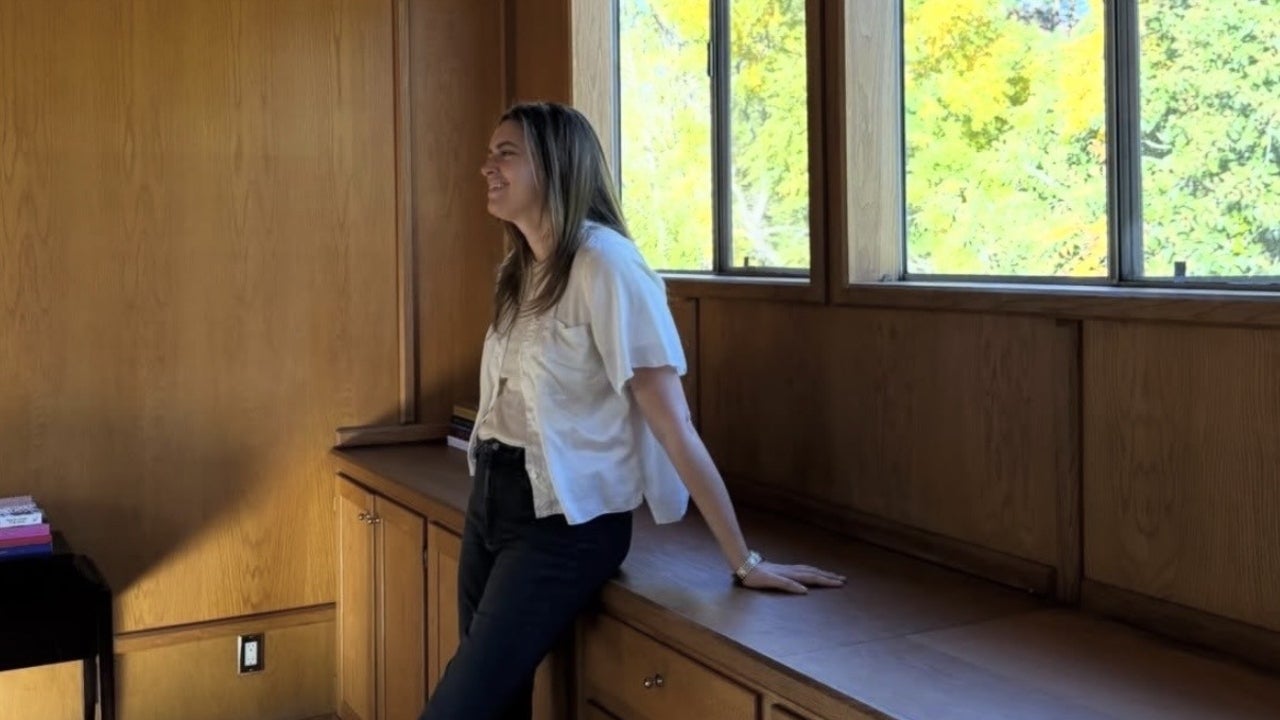Trump shifts gears to EU after striking Japan deal
The U.S.-Japan trade deal sparked hopes that the European Union will also be able to strike an agreement.

US President Donald Trump speaks to the press at the end of a reception with Republican members of Congress at the White House in Washington, DC on July 22, 2025.
Andrew Caballero-reynolds | Afp | Getty Images
U.S. President Donald Trump has now set his sights on trade negotiations with the European Union, after announcing a framework agreement with Japan.
"We have Europe coming in tomorrow, and the next day, we have some other ones coming in," Trump said late on Tuesday, without specifying details.
Pressure has ramped up on EU and U.S. negotiators to come to an agreement by Aug. 1, with the Trump administration appearing intent on not changing the timeline on tariffs again.
Levies of 30% on U.S.-bound imports from the EU are set to come into effect next month, with countermeasures from Brussels potentially following soon after. The first tranche of retaliatory tariffs from the EU, which already target imports from the U.S. worth 21 billion euros, are currently on hold until Aug. 6, while additional recourses are being prepared.
But the U.S.-Japan agreement appears to have spread a positive sentiment among experts.
"The Japan deal has significantly raised hopes that the EU might also be able to reach a trade deal," Deutsche Bank Research strategists and economists said in a Wednesday note.
Katsuhiko Aiba, an economist at Citi, suggested in a separate note that the finer details of Japan's agreement with the U.S. could impact negotiations with the EU.
"It is notable that auto tariffs were reduced without any cap on auto exports for a major auto exporting country, which may have implications for negotiations with the EU and South Korea," he pointed out.
The U.S.-Japan deal includes a baseline tariff rate of 15%, with Reuters reporting that levies on autos will also be cut to this level — down from the 25% currently in place.
Carving out exemptions or lower rates for some key sectors has long been on EU's trade agreement wish list, with analysts expecting that the bloc could accept a baseline tariff in exchange for such sectoral provisions.
Road vehicles are among the top three exports from the EU to the U.S., according to the European Council.
The pan-European Stoxx 600 index was trading 1% on Wednesday, roughly an hour after markets opened, with autos jumping by around 3.5%.
While Europe is eagerly awaiting updates on trade negotiations with the U.S., European Commission President Ursula von der Leyen and European Council President Antonio Costa are travelling to Asia. They are set to meet Japanese leaders on Wednesday before the EU-China summit on Thursday, with trade likely at top of their agenda.
Trump's protectionist trade policies are exacerbating existing tensions between the EU and China, experts told CNBC. They noted Beijing's concerns that the U.S. may pressure the EU to sharpen its stance on China.
EU Trade Commissioner Maros Sefcovic on Tuesday said in a post on X that he had "had an important video call" with Chinese Commerce Minister Wang Wentao, without supplying further details.

 ValVades
ValVades 































